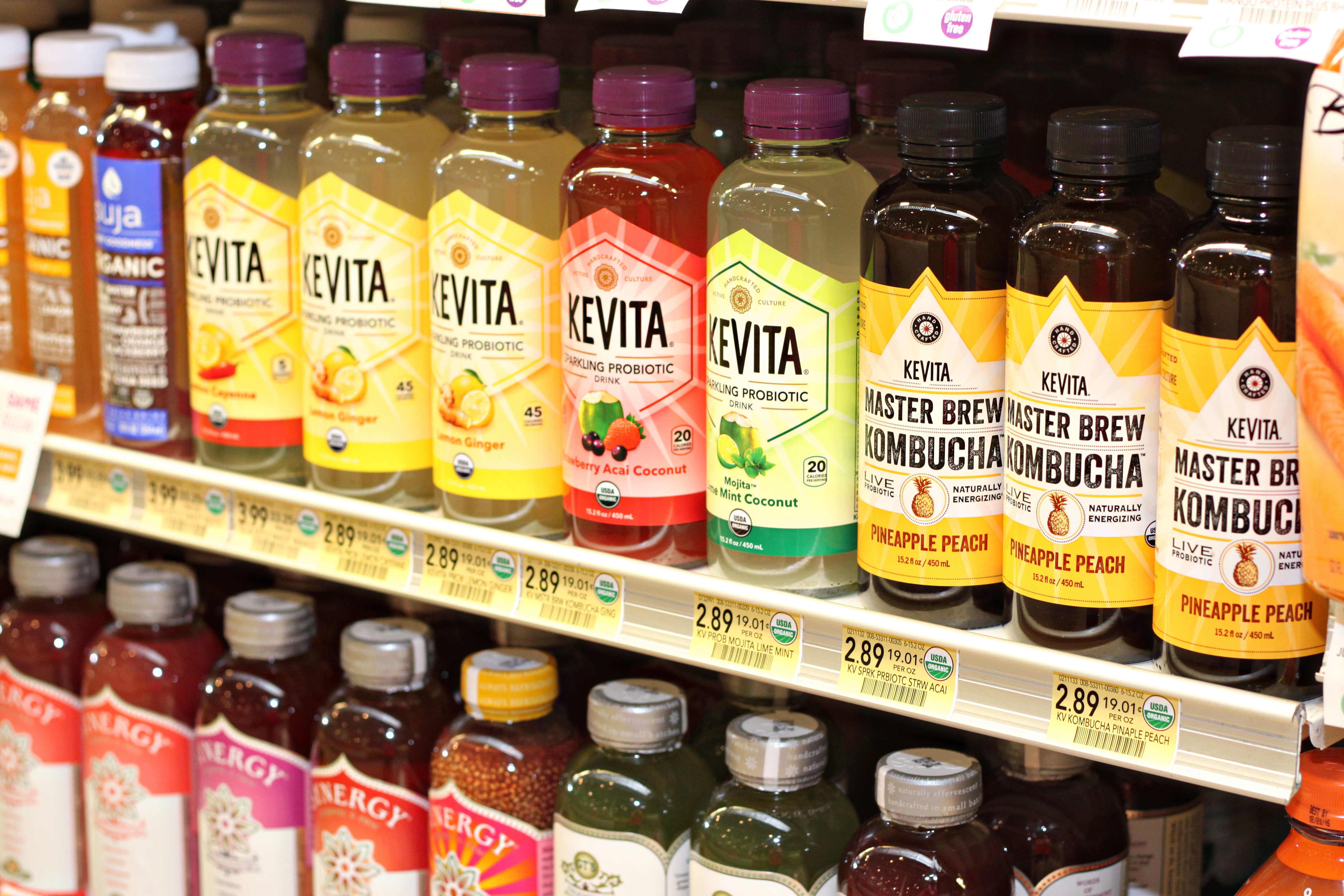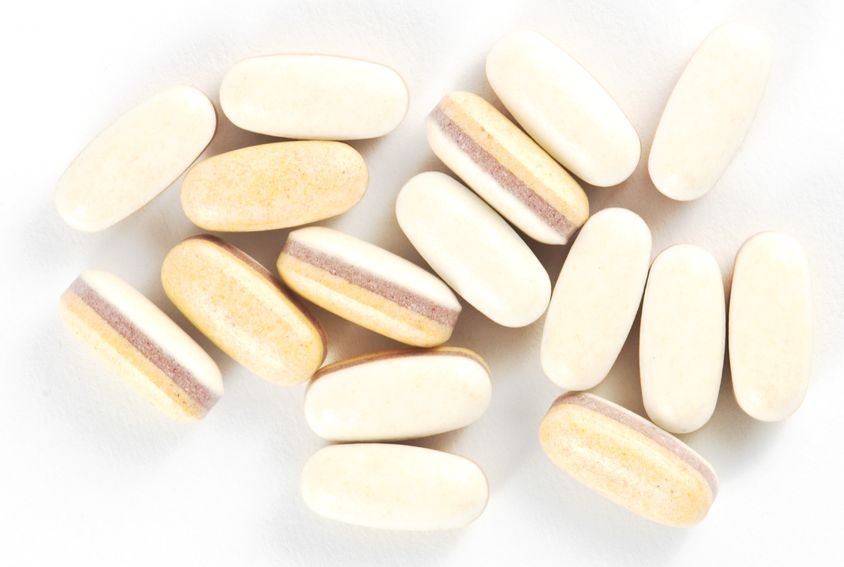 When I say probiotics, you probably think of yogurt commercials featuring Jamie Lee Curtis. However, there’s a lot more to this scientific phenomenon than a yogurt that keeps you regular. In fact, probiotics is a broad term describing many different types of microorganisms, or live bacteria, most of which already live in your body.
When I say probiotics, you probably think of yogurt commercials featuring Jamie Lee Curtis. However, there’s a lot more to this scientific phenomenon than a yogurt that keeps you regular. In fact, probiotics is a broad term describing many different types of microorganisms, or live bacteria, most of which already live in your body.What Are Probiotics?
When you hear the word bacteria, you probably don’t think of health, but the fact is that you have both good and bad bacteria in your body and probiotics refer to the “good” bacteria. So instead of making you sick, this bacteria is doing things like working in your gut to assist with digestion and or helping your body to produce vitamins.
Although probiotics are already found in a healthy human body in large amounts — think 100 trillion in your bowel alone — many people also eat, drink or take probiotics in pill form for additional health benefits. This is where products like Activia yogurt or kombucha come from.
People use probiotics for different reasons, using different strains to treat different ailments. Lactobacillus GG is often taken to treat digestive issues such as diarrhea or constipation whereas a different strain in the same family is often introduced to treat yeast infections and urinary tract infections in women.
 Are Probiotics Safe?
Are Probiotics Safe?
The bad news is that most studies concerning probiotics don’t indicate their usefulness one way or the other, although some studies are trending towards the successes of using probiotics to treat digestive issues.
The good news that for the most part, there is no evidence to suggest that taking probiotics or adding them to your diet is a risk to your health. Since probiotics are found in your body naturally, they tend to have no effects or positive effects on most people that take, eat or drink them. The most common side effects for people who introduce probiotics to their diet are mild gastrointestinal symptoms such as gas, bloating or mild diarrhea.
Should I Be Taking Probiotics?
Although they are more popular in other parts of the world, probiotics are picking up speed in the United States, with products like yogurt, protein bars and even cheese containing probiotics gaining popularity. The raw food movement includes everything from sauerkraut to buttermilk and people claim that it helps with everything from weight loss to Crohn’s Disease. Probiotics are now the third most common supplement taken in the U.S. behind vitamins and minerals.
You should always consult with your physician before introducing something new to your body. If you do decide that you’re interested in adding probiotics to your regiment, keep in mind that the FDA has yet to approve probiotics to treat any sort of illness or symptoms in the United States. As of right now, any products on the shelves in America are considered supplements and are not regulated. This means they can be advertised as anything from the miracle weight loss solution you’ve been looking for to a credited treatment for serious diseases.
Another thing to consider is that there are different types of probiotics and we know more about some than others. Not all probiotics are effective at treating the same conditions and for many conditions where studies have shown probiotics in a favorable light such as when treating antibiotic-related diarrhea in infants, we’re still unsure of which probiotics were helpful and which ones, if any, were harmful.
However, in most healthy adults, probiotics do not seem to cause any issues. Although there is a lack of solid scientific evidence, there is a lot of anecdotal evidence that probiotics can help with minor digestive issues as well as yeast infections in women. However, for those who suffer from immune system disorders, small children or critically ill adults, probiotics can have disastrous effects and should not be taken without the supervision of a physician.
What is your experience with probiotics?
Resources
